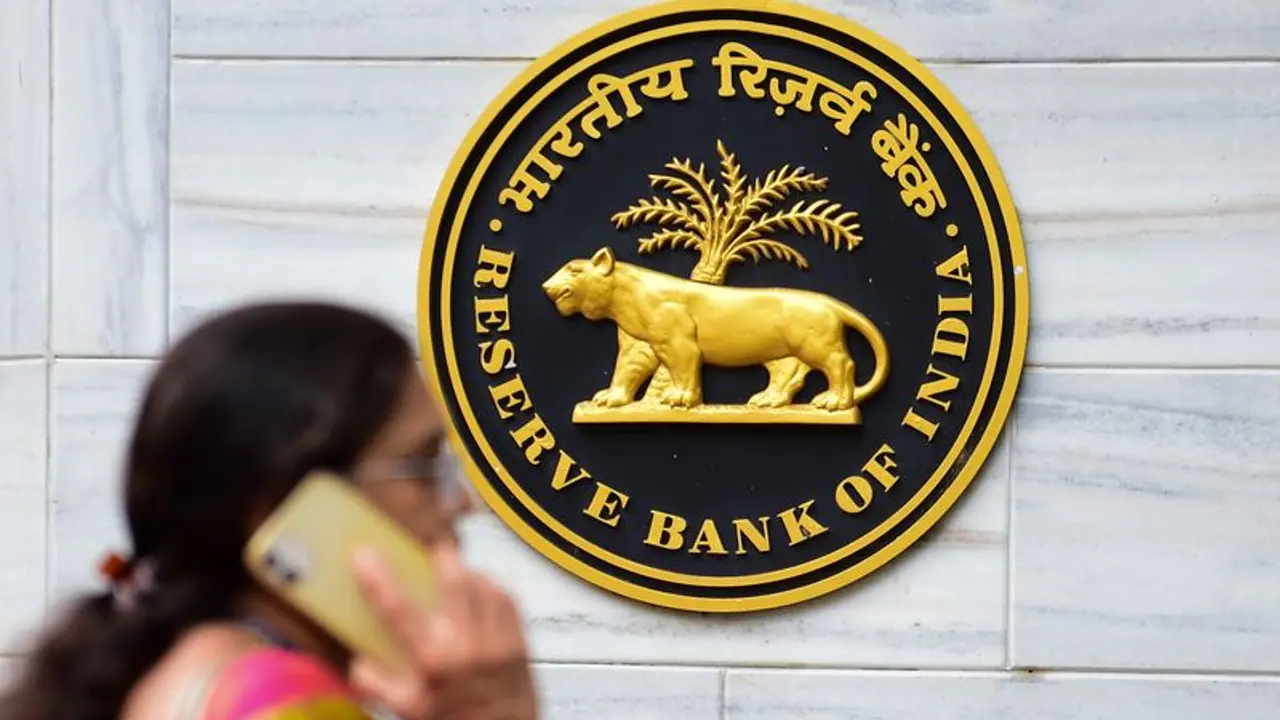These rules aim to curb the practice of banks and finance companies imposing additional fees on borrowers for late payments or breaches of loan terms. Under the new directives, banks are prohibited from charging penal interest on late Equated Monthly Installment (EMI) payments and from adding extra charges to the interest rate.
The Reserve Bank of India (RBI) has implemented fresh guidelines concerning penal charges and penal interest on loan accounts, effective from April 1. These regulations aim to prevent banks and finance companies from levying additional fees on borrowers for late loan payments or breaches of loan terms. Under the new directives, the RBI has prohibited banks and finance companies from imposing penal interest, typically charged on customers for late Equated Monthly Installment (EMI) payments.

Additionally, they are prohibited from adding extra charges to the interest rate. However, banks retain the authority to impose penalties, provided they refrain from incorporating these charges into the loan amount or calculating additional interest on them, according to an ET report.
The objective behind penal interest and charges is to promote responsible credit behaviour, rather than to boost revenue. Nevertheless, the RBI's assessment revealed that banks and finance companies often exploit these charges to augment their income, resulting in customer complaints and disputes.
Penal Charges Vs Penal Interest
When borrowers default or violate terms, lenders typically levy penalties, which may manifest as fixed charges (penal charges) or additional interest (penal interest). Penal charges represent a fixed fee, distinct from the interest, while penal interest constitutes an additional rate added to the customer's existing interest rate.
The RBI has directed banks to exclude penal charges from the loan amount and refrain from computing additional interest on these charges.
Regarding the timeline for implementation, the new guidelines are applicable to all new loans initiated from April 1. Existing loans will adhere to the norms starting from June 1, 2024. The RBI postponed the implementation date from January 1 to April 1 to allow financial institutions more time for adjustment. Both retail and corporate borrowers will face identical penalties for the same loan product.
Determining the Penal Charge
Key points outlined in the new RBI guidelines include determining penal charges based on the defaulted amount and ensuring fair and consistent application according to the lender's board-approved policy. While penal charges should be reasonable, the RBI has not stipulated a maximum limit for these charges.
The updated guidelines encompass securitization and co-lending portfolios but exclude rupee/foreign currency export credit and other foreign currency loans. Regarding non-performing loan accounts, the RBI has instructed banks to reverse any uncollected accrued income.
Also Read: US visa fees hiked; Check revised application cost for H-1B, L-1 and EB-5 visas
